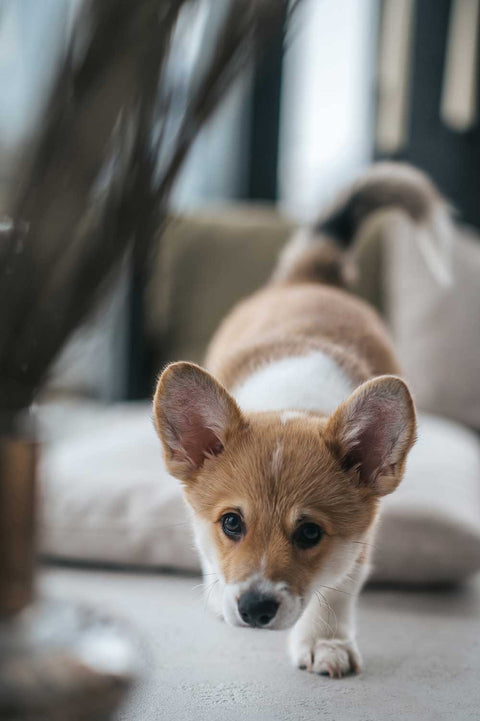
Decoding the brain's preference for puppy cuteness over babies
Have you ever wondered why we're so easily captivated by puppies or kittens, and why they often seem even more adorable than human babies? It turns out that there's a fascinating scientific explanation behind our attraction to cuteness, and it's deeply rooted in our brains and evolution.
Cuteness has an evolutionary purpose. As humans, we're hardwired to respond positively to certain physical features that are typically associated with infants. These features include large eyes, round faces, and small noses. By reacting favorably to these traits, we're more likely to care for and protect vulnerable young ones, ensuring the survival of our species.
But what does this have to do with our fondness for puppies, kittens, and other adorable animals? Research from Frontiers.org article highlights the neurological processes behind our perception of cuteness. When we encounter something we perceive as cute, our brain releases oxytocin, a hormone that plays a critical role in social bonding and caregiving behaviors. This hormonal response can make us feel more connected and nurturing towards not only human infants but also baby animals.
The mesocorticolimbic system, a brain network involved in reward and pleasure, also contributes to our response to cuteness. This system includes the nucleus accumbens, which releases dopamine when we perceive cute stimuli. Dopamine is a neurotransmitter responsible for feelings of pleasure and reward, reinforcing the positive actions and feelings associated with caregiving.
It's no wonder, then, that our brains may sometimes prefer the cuteness of puppies or kittens to that of human babies. The release of oxytocin and dopamine in response to adorable animals strengthens our connection to them, making us more likely to care for and protect them.
In conclusion, our brains are hardwired to respond to cuteness, whether it's found in human infants or baby animals. This neurological response has deep evolutionary roots and plays a significant role in our behavior and preferences. So, the next time you find yourself gushing over a cute puppy or kitten, remember that it's not just a matter of personal taste – it's your brain working its evolutionary magic!
Read full article here.

Comments (0)
There are no comments for this article. Be the first one to leave a message!